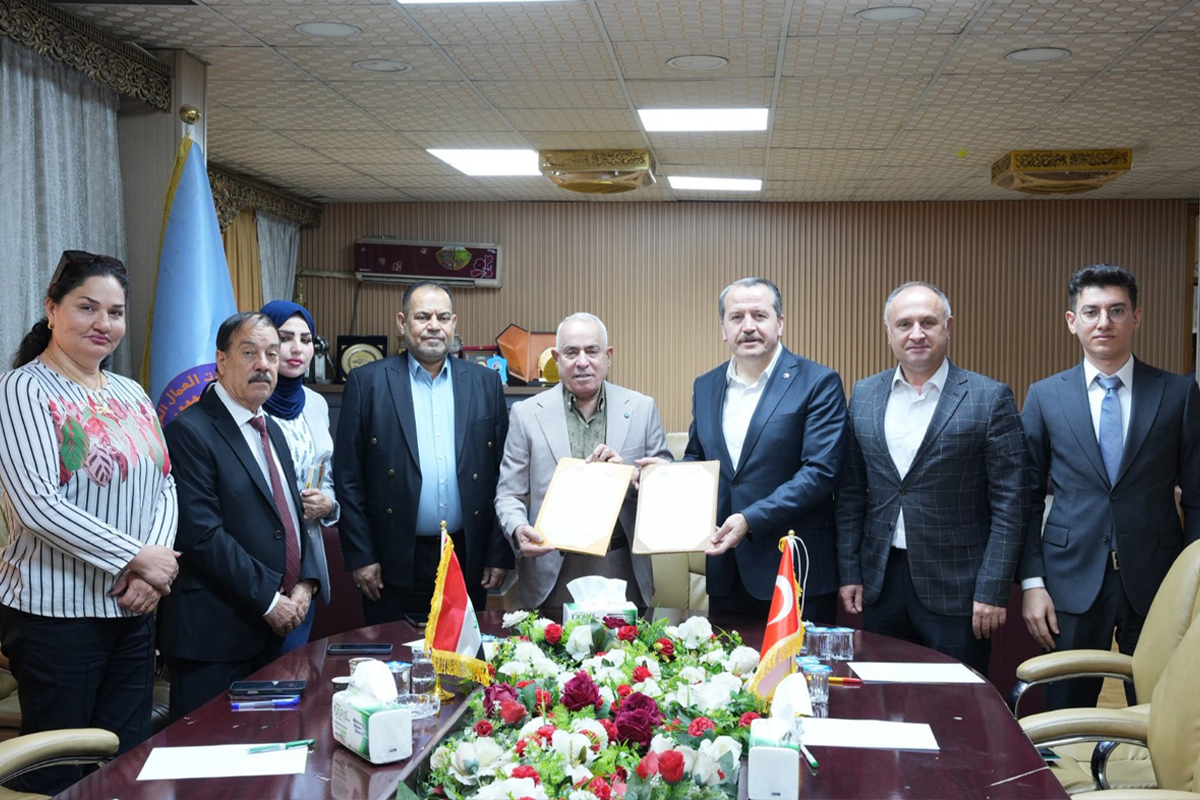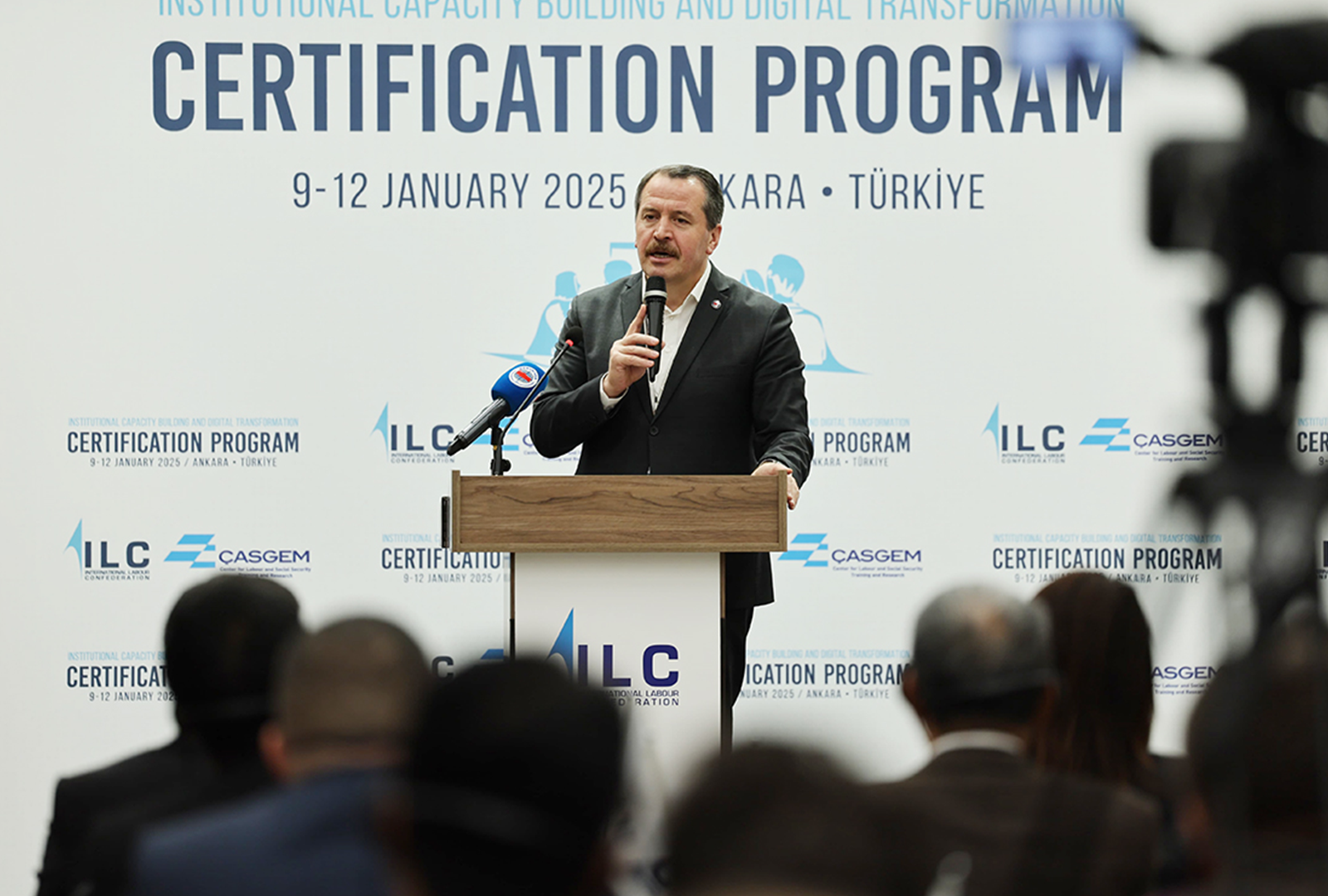News / Blog
"Institutional Capacity Building and Digital Transformation" Certification Program
 Opening Remarks by ILC President Ali Yalçın
Opening Remarks by ILC President Ali Yalçın
In his opening speech, ILC President Ali Yalçın highlighted the pressing global challenges of our time, including social injustice, global crises, and wars.
"Crises and wars threaten not only human lives but also the foundational values of humanity," Yalçın stated, emphasizing that inequality continues to deepen globally. He criticized the growing influence of capital lobbies, which seek to undermine labor rights, and expressed concern over the inadequacies of international organizations in addressing these issues.

"International organizations, originally established to uphold human rights, international law, and shared norms, are increasingly failing to meet their responsibilities. Worse yet, some are becoming part of the problems they were created to solve. In such a challenging era, institutions like the ILC bear a critical responsibility to defend social justice, labor rights, and human dignity. Founded on the principle that 'Labor is a universal value, and a just world can only be built through labor,' the ILC has committed itself to this mission. However, we are only at the beginning of this journey, and success will require collective and persistent effort."
 Yalçın noted the ILC's recent milestones, including its first General Assembly in February 2024 and the inaugural Board of Directors meeting in November 2024, where institutional capacity development was prioritized.
Yalçın noted the ILC's recent milestones, including its first General Assembly in February 2024 and the inaugural Board of Directors meeting in November 2024, where institutional capacity development was prioritized.
Yalçın underscored the importance of these efforts:
"Institutional capacity building and digital transformation are essential for achieving sustainable growth and competitive advantage in a rapidly evolving world. Institutional capacity building involves improving every aspect of an organization, from human resources to technological infrastructure, to boost operational efficiency. This process encompasses strategic planning, leadership development, training programs, and the adoption of innovative business models. Digital transformation, in turn, refers to reimagining workflows and services through the integration of technology. The integration of digital tools and innovative solutions not only enhances operational efficiency but also enriches the experience of those we serve. In the digital age, harmonizing technology with capacity development enables organizations not just to keep pace with innovation but to lead transformative change. Effectively managing these processes contributes to the success of both employees and stakeholders"
 The program is designed to explore strategies for strengthening institutional structures and adapting to digital transformation. Participants will engage in discussions and receive training on topics such as:
The program is designed to explore strategies for strengthening institutional structures and adapting to digital transformation. Participants will engage in discussions and receive training on topics such as:

At the end of the program, participants will receive certificates, symbolizing their enhanced capabilities to drive meaningful change within their organizations and adapt to the demands of a digitalized future.
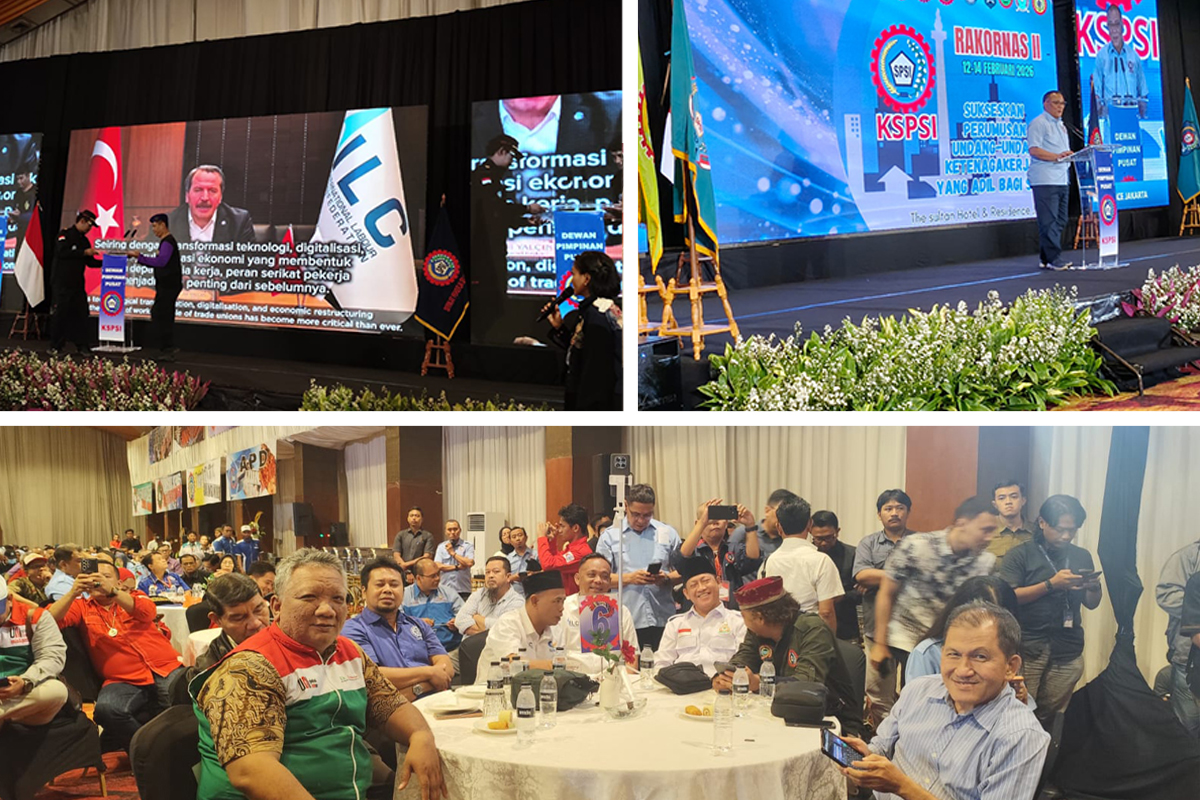
Indonesia: KSPSI National Coordination Meeting
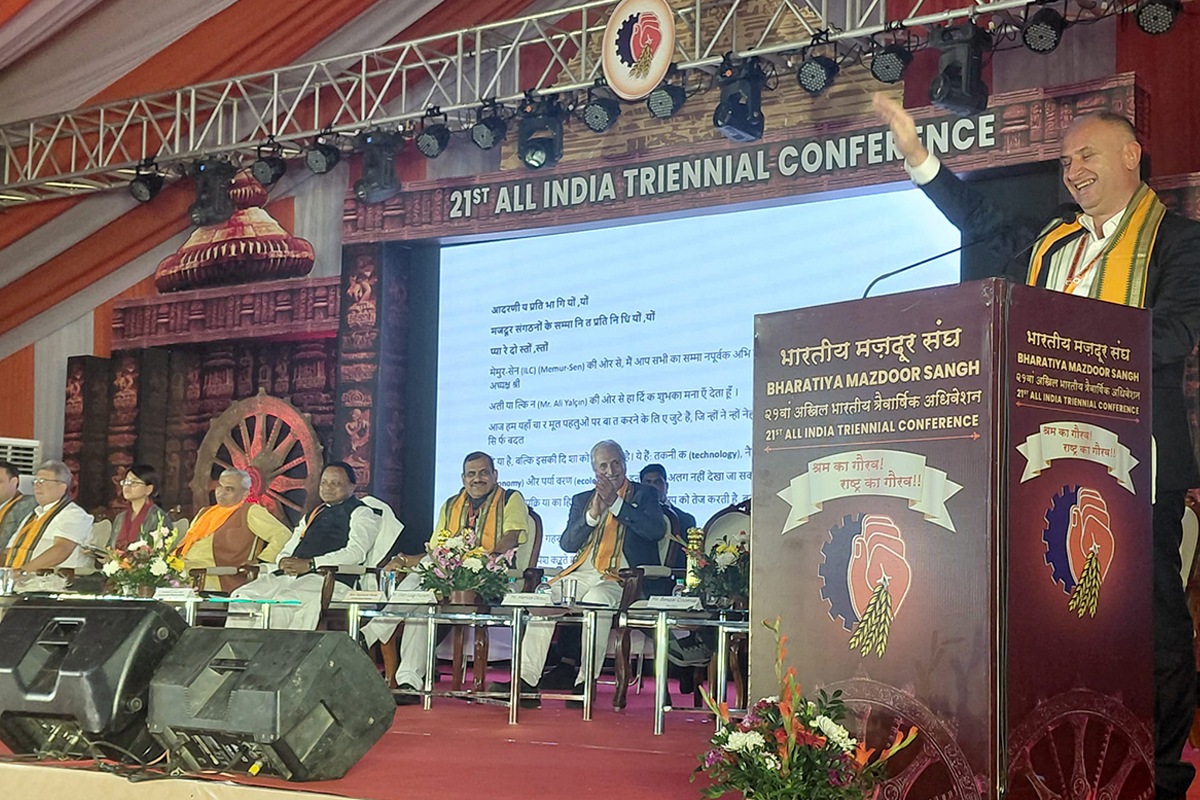
Hamza Öksüz Calls for Trade Unions to Act as Foundational Actors in the Global Transformation of Work at BMS International Conference
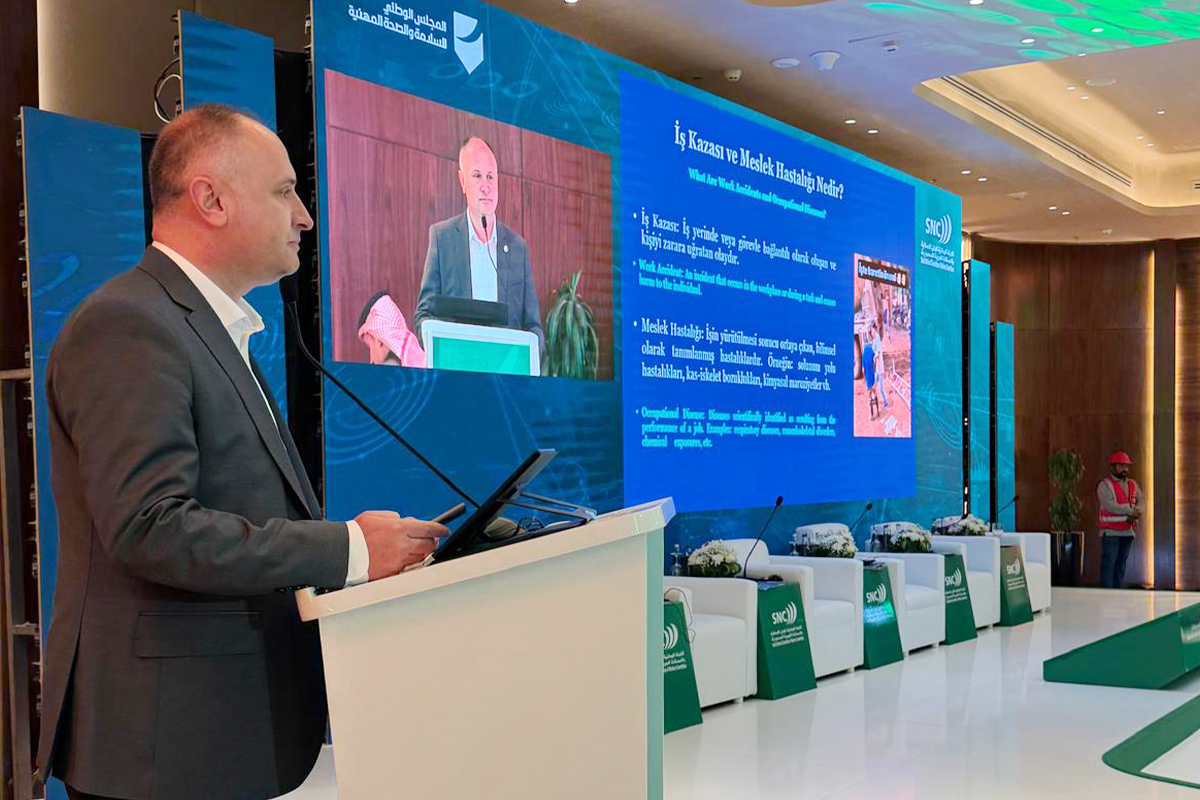
ILC Secretary General Öksüz Shares Views at the International Occupational Health and Safety Seminar in Riyadh
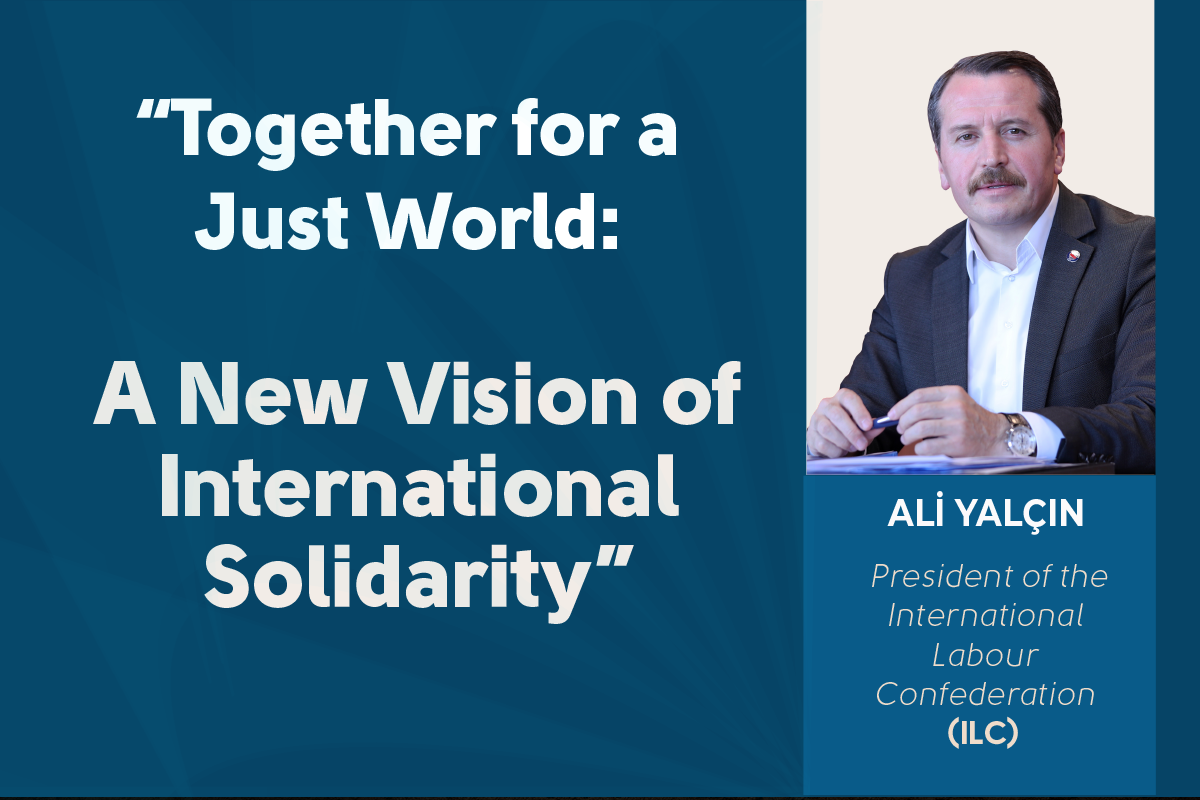
Yalçın: Together for a Just World: A New Vision of International Solidarity
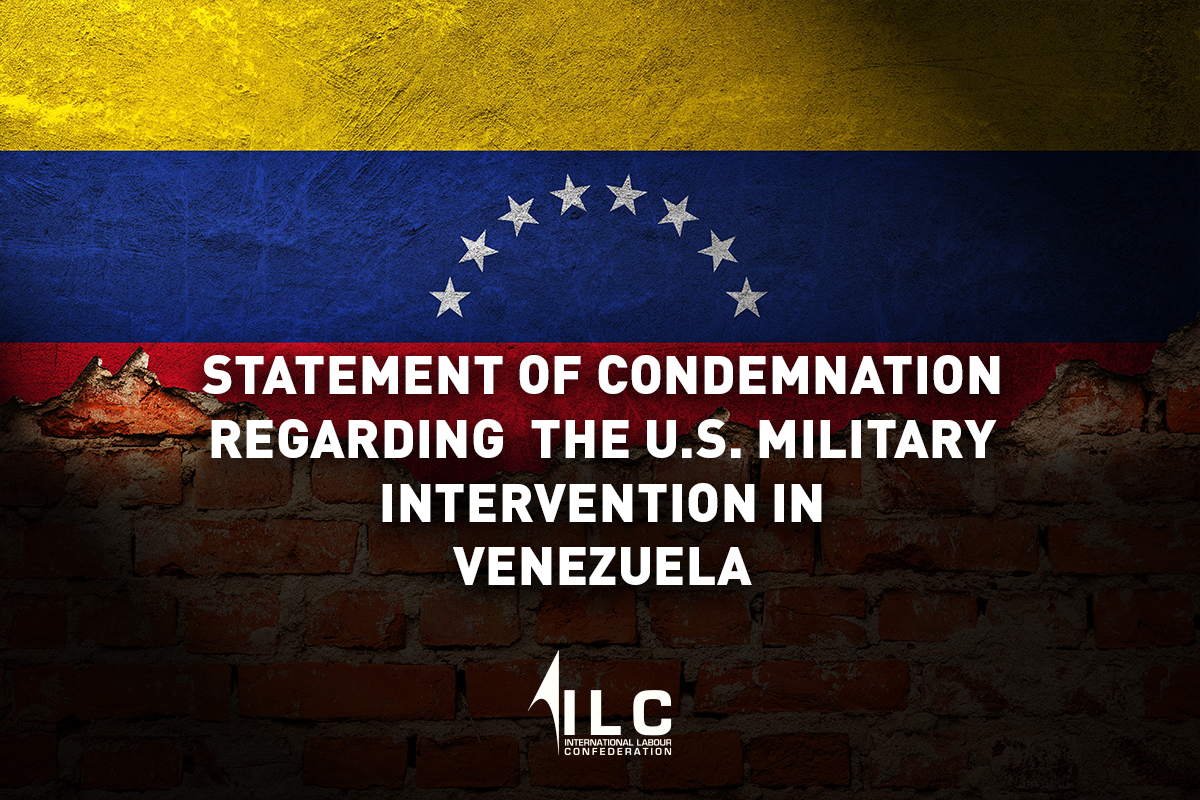
Statement Of Condemnation Regarding The U.S. Military Intervention in Venezuela
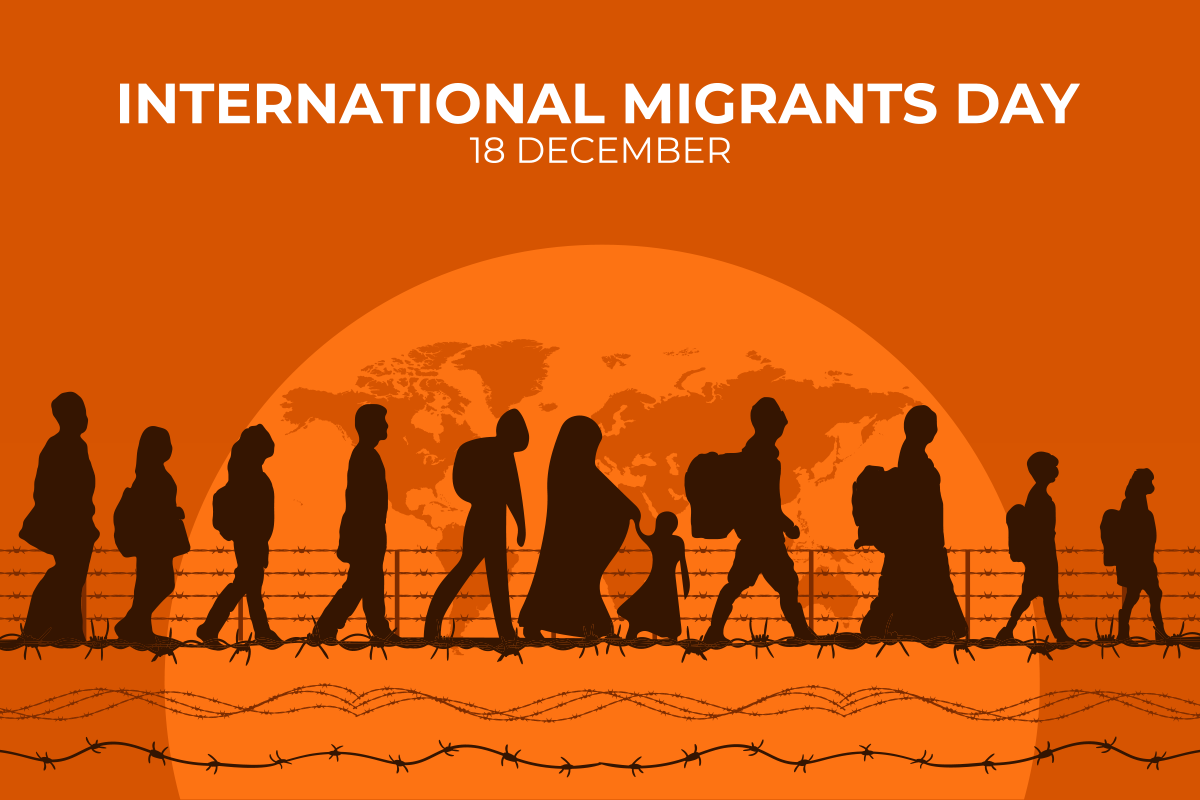
World Migrants Day Statement
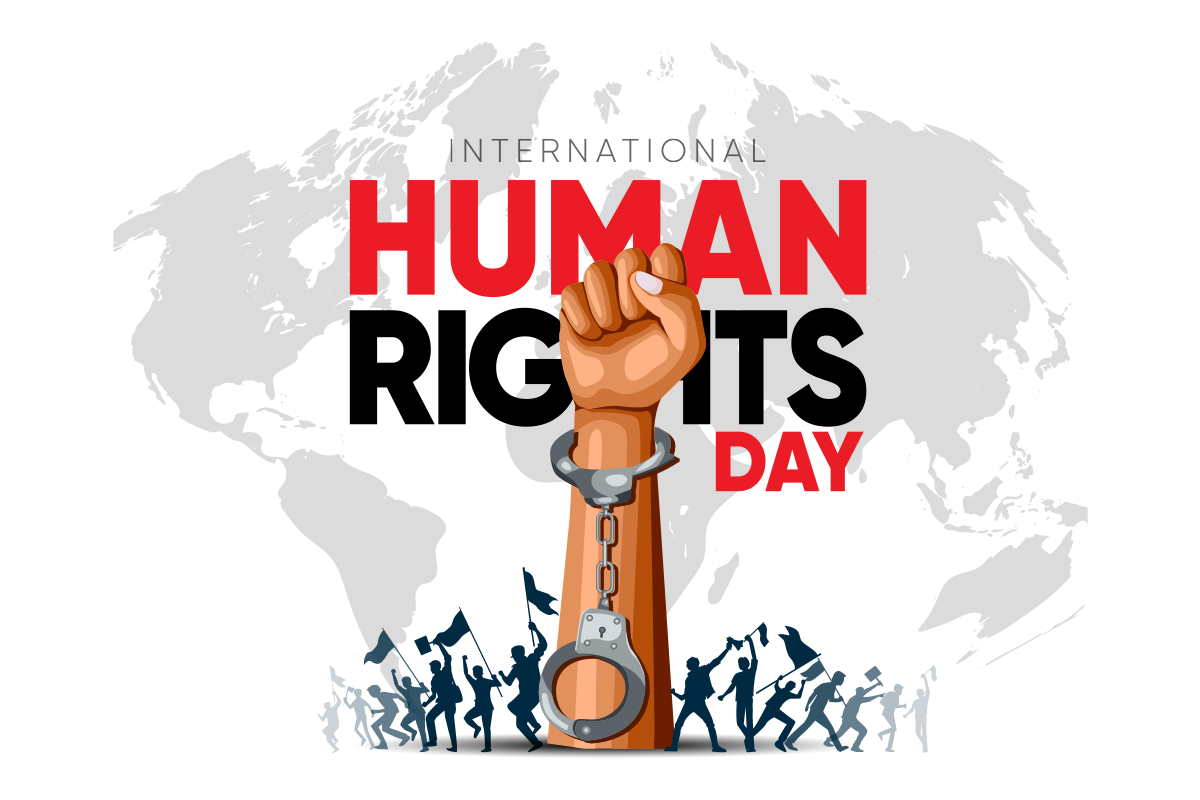
Human Rights Day
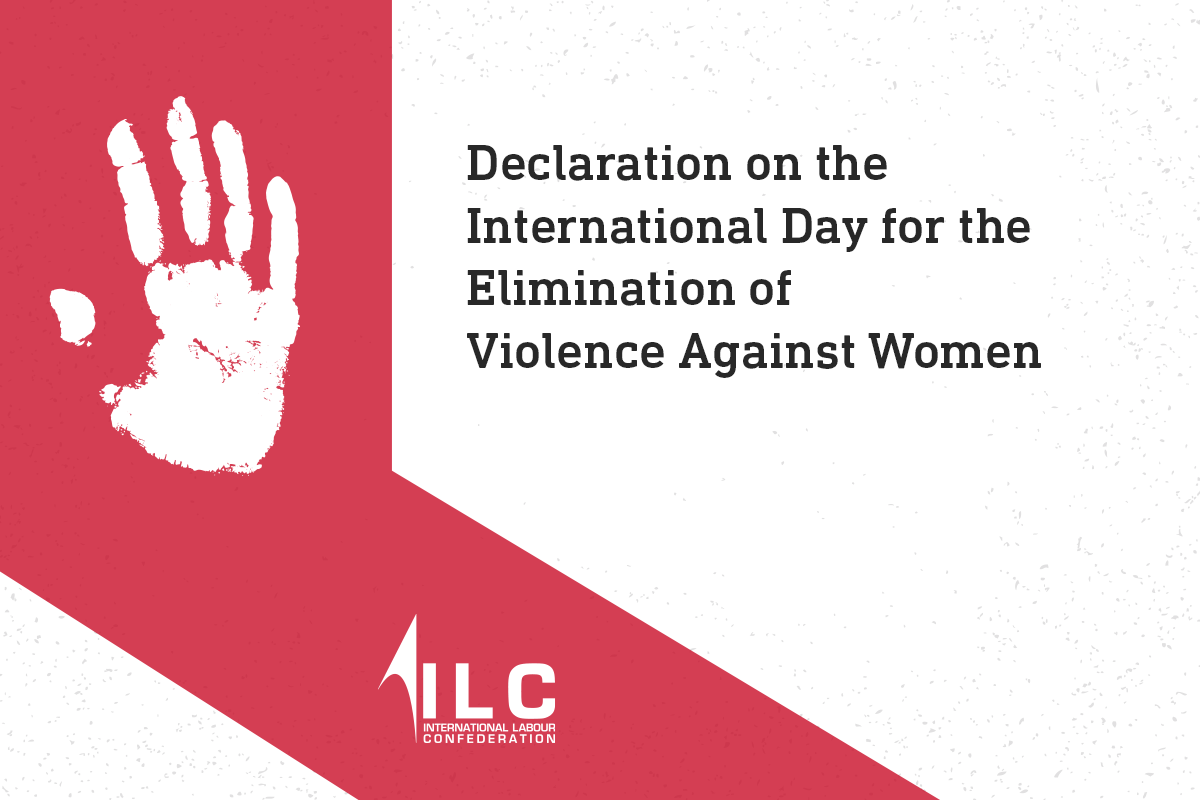
Declaration on the International Day for the Elimination of Violence Against Women

ILC Statement on the World Children’s Day

ILC–OATUU JOINT DECLARATION

ILC and OATUU Delegates Support the “Green Homeland” Campaign by Adopting Saplings

ILC and OATUU Discuss the Future of the Global Labour Movement in Istanbul

ILC Board of Directors Convened in Istanbul

ILC Delegation Visits the Independent Trade Union Confederation of Portugal (USI)
